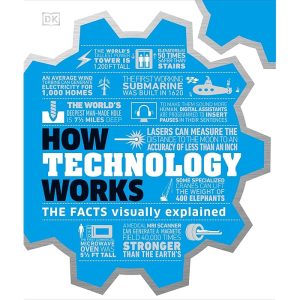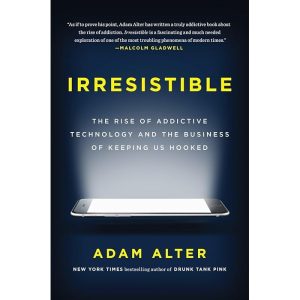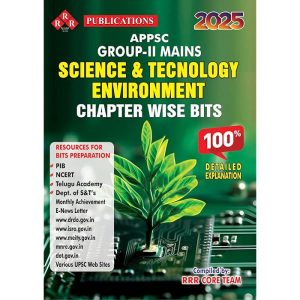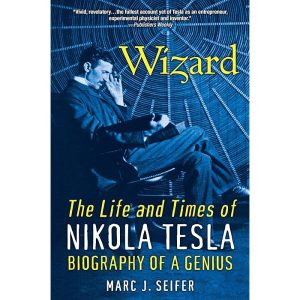Description
A **Textbook of Medical Laboratory Technology** is an essential resource for students, professionals, and practitioners in the field of medical laboratory science. It covers the fundamentals, techniques, and applications of laboratory tests in diagnosing and managing various medical conditions. These textbooks usually include topics like:
### 1. **Introduction to Medical Laboratory Technology**
– Overview of medical laboratory science.
– Roles and responsibilities of laboratory technicians and technologists.
– Ethical and legal issues in laboratory practices.
– Laboratory safety protocols.
### 2. **Clinical Chemistry**
– Biochemical analysis of body fluids.
– Principles and methods used in testing for glucose, lipids, enzymes, electrolytes, hormones, and other biomarkers.
– Instrumentation used in clinical chemistry (e.g., spectrophotometers, analyzers).
### 3. **Hematology**
– Blood components and their functions.
– Techniques for blood cell counting, morphology, and identification.
– Coagulation studies and hemoglobinopathy testing.
### 4. **Microbiology**
– Identification of pathogens (bacteria, fungi, viruses, parasites).
– Techniques for culturing and identifying microorganisms.
– Antimicrobial susceptibility testing.
– Infection control and prevention measures.
### 5. **Immunology and Serology**
– The immune system and its response to infections.
– Tests for antibodies and antigens.
– Blood typing and crossmatching.
– Autoimmune disease testing.
### 6. **Blood Banking and Transfusion Medicine**
– Blood group systems and compatibility testing.
– Procedures for blood collection, storage, and transfusion.
– Screening for transfusion-transmissible diseases.
### 7. **Urinalysis**
– Testing for physical, chemical, and microscopic characteristics of urine.
– Clinical significance of urine tests (e.g., for kidney function, diabetes, urinary tract infections).
### 8. **Clinical Pathology**
– Examination and analysis of tissue samples.
– Techniques for cytology, histology, and biopsy processing.
– Tumor markers and cancer detection.
### 9. **Molecular Diagnostics**
– Principles of DNA and RNA analysis.
– Techniques like PCR (Polymerase Chain Reaction) and DNA sequencing.
– Applications in infectious disease diagnostics and genetic testing.
### 10. **Quality Control and Assurance**
– The importance of accuracy and reliability in laboratory results.
– Procedures for calibration, validation, and proficiency testing.
– Accreditation and standardization in laboratories.
### 11. **Laboratory Management**
– Organization and operation of a medical laboratory.
– Budgeting, staffing, and inventory control.
– Regulatory compliance and accreditation.
### 12. **Emerging Trends**
– Advances in laboratory technology and automation.
– Point-of-care testing and telemedicine in laboratory diagnostics.
– Ethical issues surrounding genetic testing and personalized medicine.
### Recommended Books
Some popular textbooks on medical laboratory technology include:
– **”Medical Laboratory Technology: Methods and Instrumentation”** by Praful B. Desai.
– **”Textbook of Medical Laboratory Technology”** by R. S. P. Ramasamy.
– **”Basic Clinical Laboratory Techniques”** by Barbara H. Estridge.
– **”Essentials of Medical Laboratory Technology”** by A. K. Jain.





Reviews
There are no reviews yet.